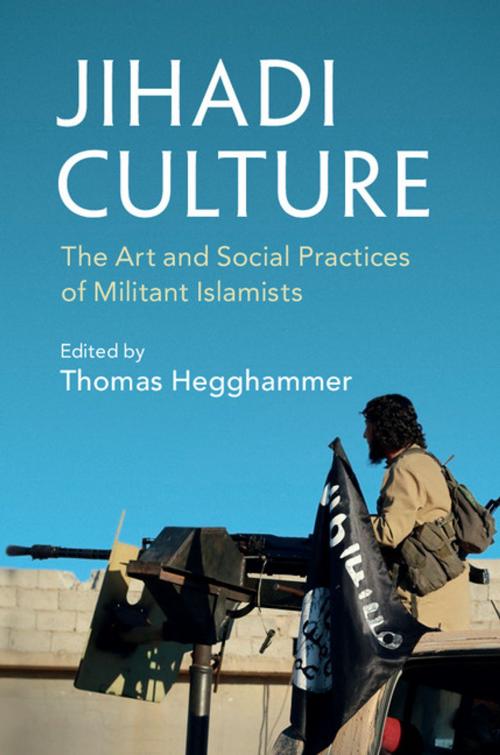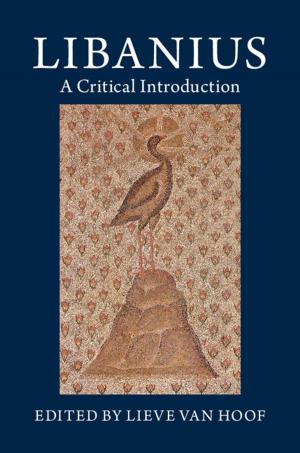Jihadi Culture
The Art and Social Practices of Militant Islamists
Nonfiction, Social & Cultural Studies, Political Science, International, Religion & Spirituality| Author: | ISBN: | 9781108505642 | |
| Publisher: | Cambridge University Press | Publication: | June 22, 2017 |
| Imprint: | Cambridge University Press | Language: | English |
| Author: | |
| ISBN: | 9781108505642 |
| Publisher: | Cambridge University Press |
| Publication: | June 22, 2017 |
| Imprint: | Cambridge University Press |
| Language: | English |
Al-Qaida and Islamic State continue to captivate the world with their extreme violence. While much attention has been given to the operations and doctrines of jihadi groups, this is the first book to explore their culture. Using a wealth of primary sources, the authors examine what goes on inside these organizations and what daily life is like for the foot-soldiers. They show that Islamist militants have a rich aesthetic culture and do much more than fight and train. Life in a jihadi group is in fact filled with poetry and music, and fighters spend time on surprising things like dream interpretation and weeping. Readers will discover an entirely new perspective on radical Islamists: that despite their reputation as macho men, they value humility, artistic sensitivity, and displays of emotion. Cultural practices are essential for understanding the jihadi worldview and may shed important new light on decision-making and recruitment processes in extremist groups. This original book will interest anyone in academia, government, or the general public who is intrigued by the appeal and resilience of the jihadi movement.
Al-Qaida and Islamic State continue to captivate the world with their extreme violence. While much attention has been given to the operations and doctrines of jihadi groups, this is the first book to explore their culture. Using a wealth of primary sources, the authors examine what goes on inside these organizations and what daily life is like for the foot-soldiers. They show that Islamist militants have a rich aesthetic culture and do much more than fight and train. Life in a jihadi group is in fact filled with poetry and music, and fighters spend time on surprising things like dream interpretation and weeping. Readers will discover an entirely new perspective on radical Islamists: that despite their reputation as macho men, they value humility, artistic sensitivity, and displays of emotion. Cultural practices are essential for understanding the jihadi worldview and may shed important new light on decision-making and recruitment processes in extremist groups. This original book will interest anyone in academia, government, or the general public who is intrigued by the appeal and resilience of the jihadi movement.















